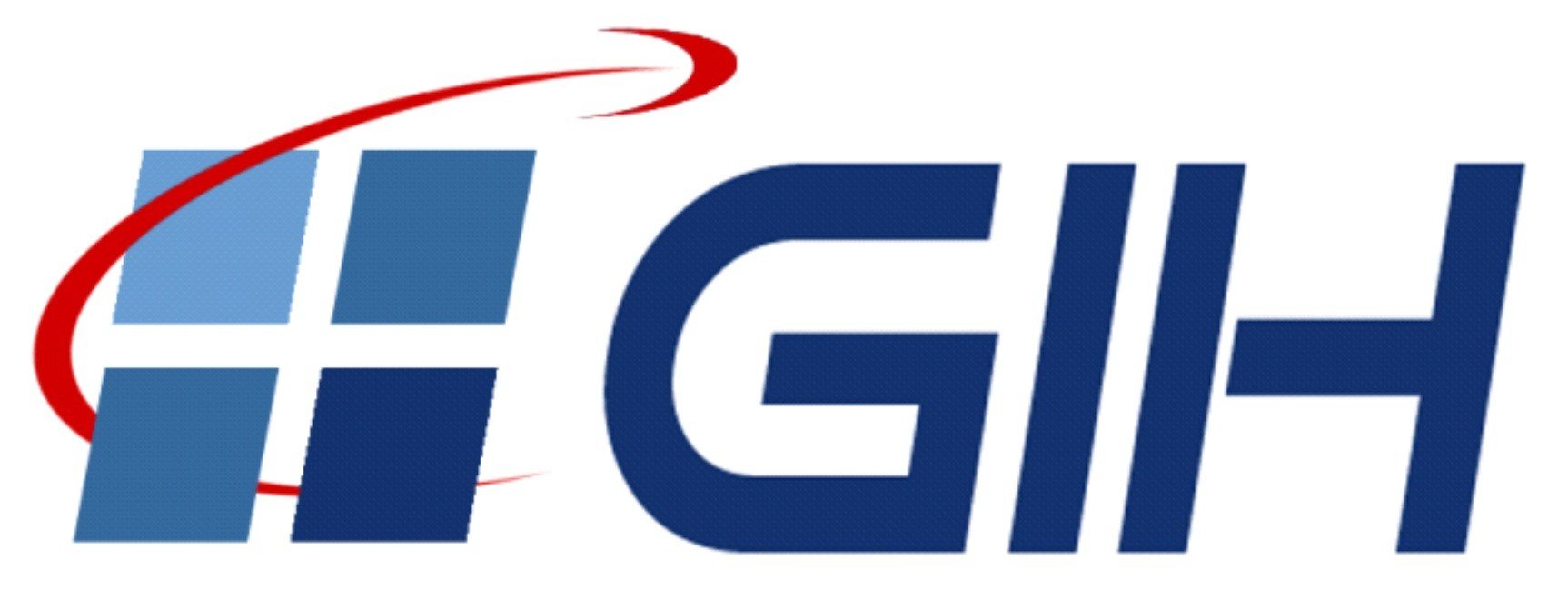Recursive Gauss-Helmert model with equality constraints applied to the efficient system calibration of a 3D laser scanner
- authored by
- Sören Vogel, Dominik Ernst, Ingo Neumann, Hamza Alkhatib
- Abstract
Sensors for environmental perception are nowadays applied in numerous vehicles and are expected to be used in even higher quantities for future autonomous driving. This leads to an increasing amount of observation data that must be processed reliably and accurately very quickly. For this purpose, recursive approaches are particularly suitable in terms of their efficiency when powerful CPUs and GPUs are uneconomical, too large, or too heavy for certain applications. If explicit functional relationships between the available observations and the requested parameters are used to process and adjust the observation data, complementary approaches exist. The situation is different for implicit relationships, which could not be considered recursively for a long time but only in the context of batch adjustments. In this contribution, a recursive Gauss-Helmert model is presented that can handle explicit and implicit equations and thus allows high flexibility. This recursive estimator is based on a Kalman filter for implicit measurement equations, which has already been used for georeferencing kinematic multi-sensor systems (MSS) in urban environments. Furthermore, different methods for introducing additional information using constraints and the resulting added value are shown. Practical application of the methodology is given by an example for the calibration of a laser scanner for a MSS.
- Organisation(s)
-
Geodetic Institute
- Type
- Article
- Journal
- Journal of Applied Geodesy
- Volume
- 16
- Pages
- 37-57
- No. of pages
- 21
- ISSN
- 1862-9016
- Publication date
- 27.01.2022
- Publication status
- Published
- Peer reviewed
- Yes
- ASJC Scopus subject areas
- Engineering (miscellaneous), Earth and Planetary Sciences (miscellaneous), Modelling and Simulation
- Electronic version(s)
-
https://doi.org/10.1515/jag-2021-0026 (Access:
Open)
-
Details in the research portal "Research@Leibniz University"






